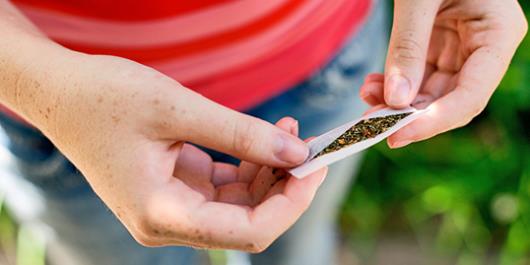“A new study has found that Cannabinoids, the active components in marijuana, may aid in inhibiting tumor cell growth in highly invasive cancers.”
“Although, Cannabinoids are used in reducing the side effects of cancer treatment, such as pain, weight loss, and vomiting, evidences indicate that they might even help in suppressing tumor invasion.
Robert Ramer, Ph.D., and Burkhard Hinz, Ph.D., of the University of Rostock in Germany investigated whether and by what mechanism cannabinoids hold back tumor cell invasion.
It was found that Cannabinoids did suppress tumor cell invasion and stimulated TIMP-1 expression.
TIMP-1 is an inhibitor of a group of enzymes involved in tumor cell invasion.
“To our knowledge, this is the first report of TIMP-1-dependent anti-invasive effects of cannabinoids,” the authors said.
They added: “This signaling pathway may play an important role in the antimetastatic action of cannabinoids, whose potential therapeutic benefit in the treatment of highly invasive cancers should be addressed in clinical trials.”
The study was published in the Journal of the National Cancer Institute (ANI)”
“Inhibition of Cancer Cell Invasion by Cannabinoids via Increased Expression of Tissue Inhibitor of Matrix Metalloproteinases-1” http://jnci.oxfordjournals.org/content/100/1/59.long
http://www.topnews.in/health/cannabinoids-can-inhibit-tumor-cell-growth-highly-invasive-cancers-2380








